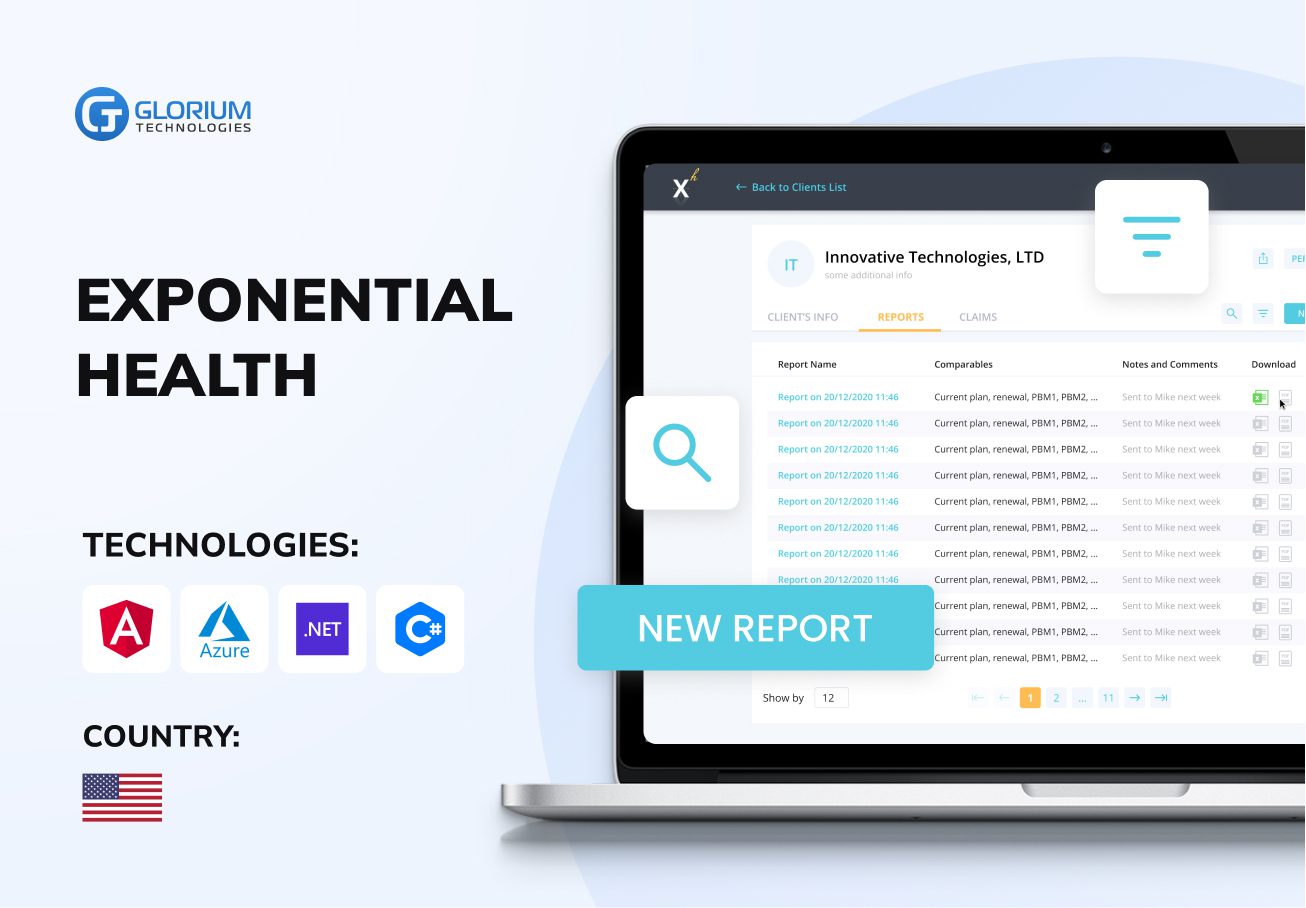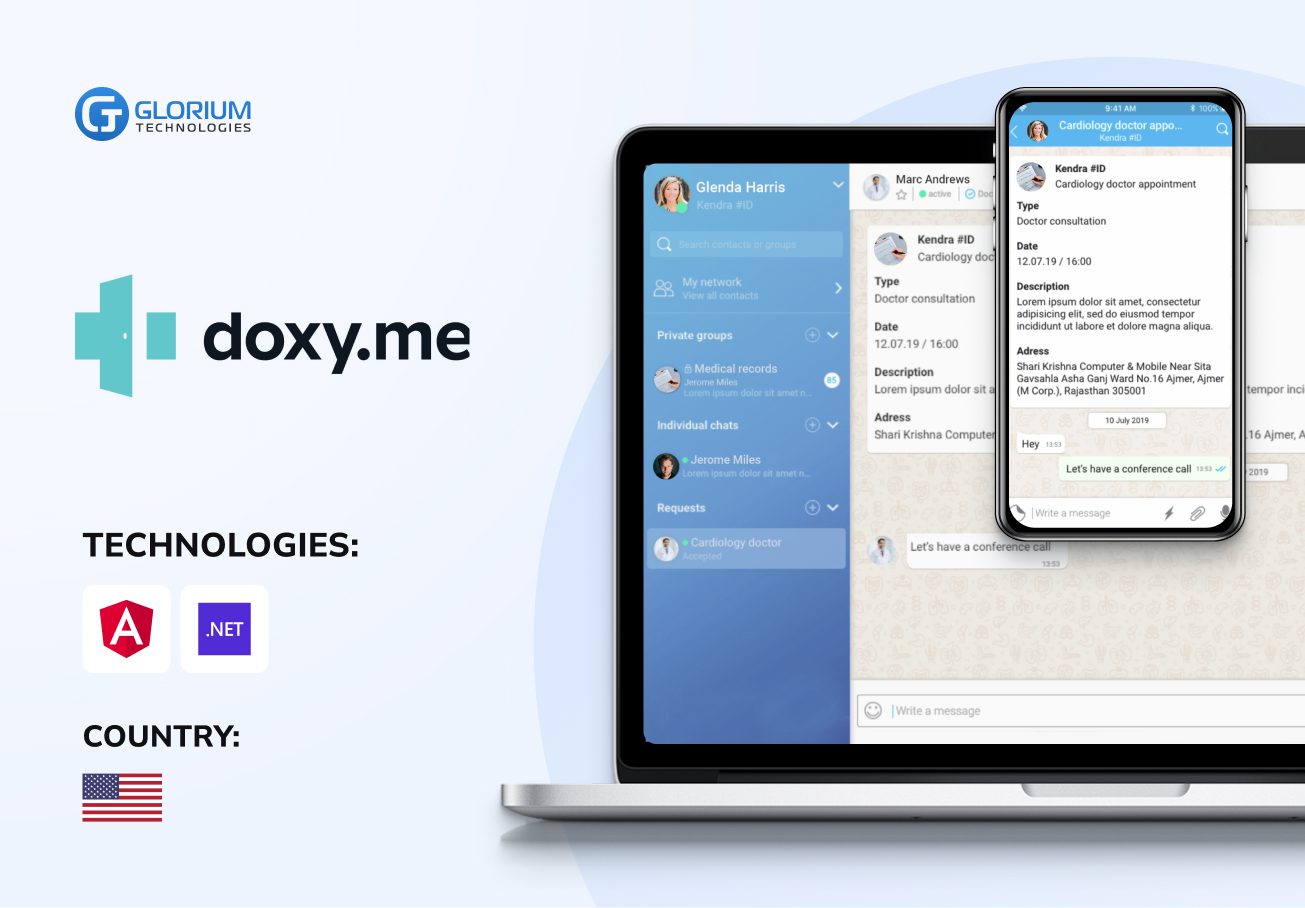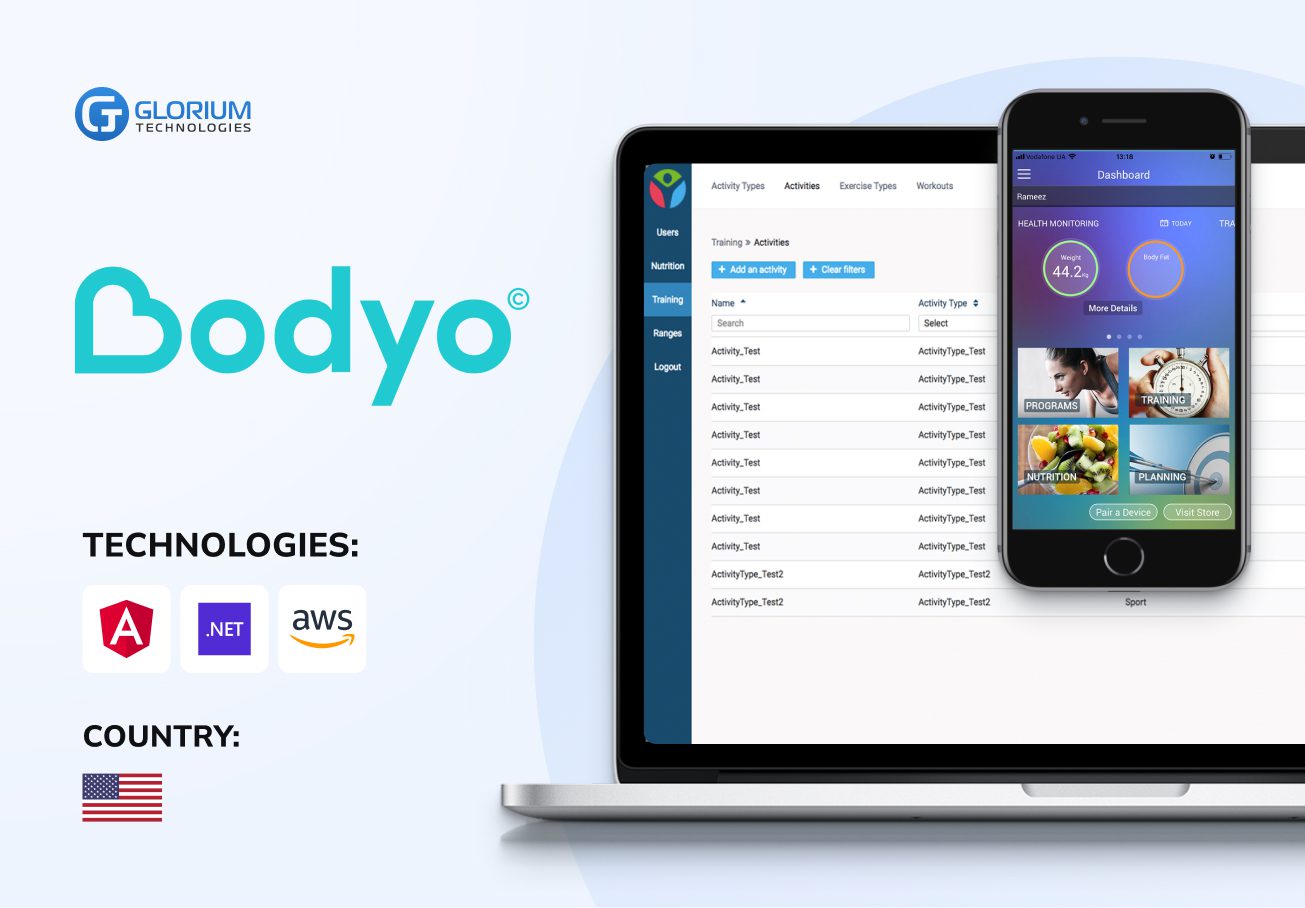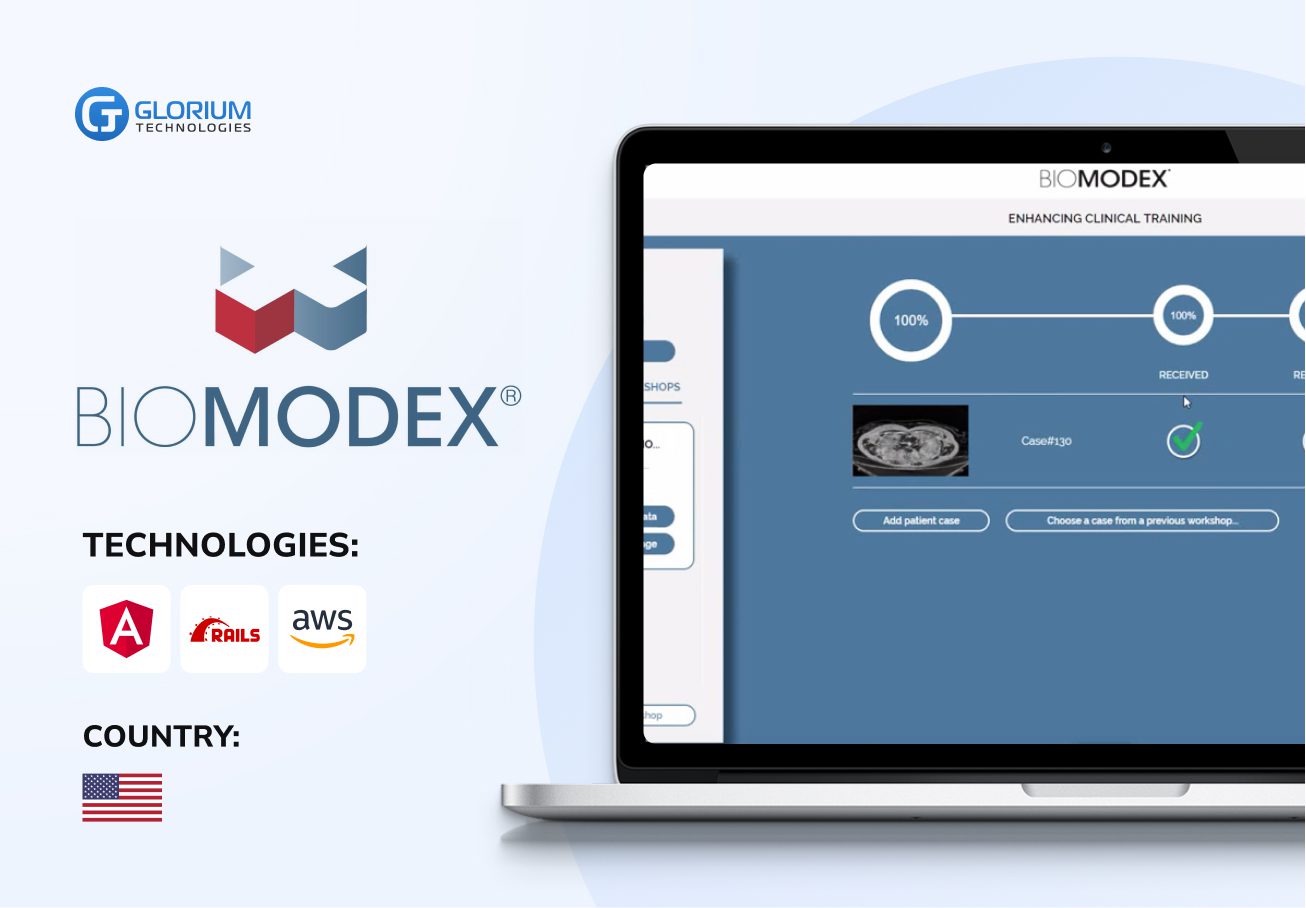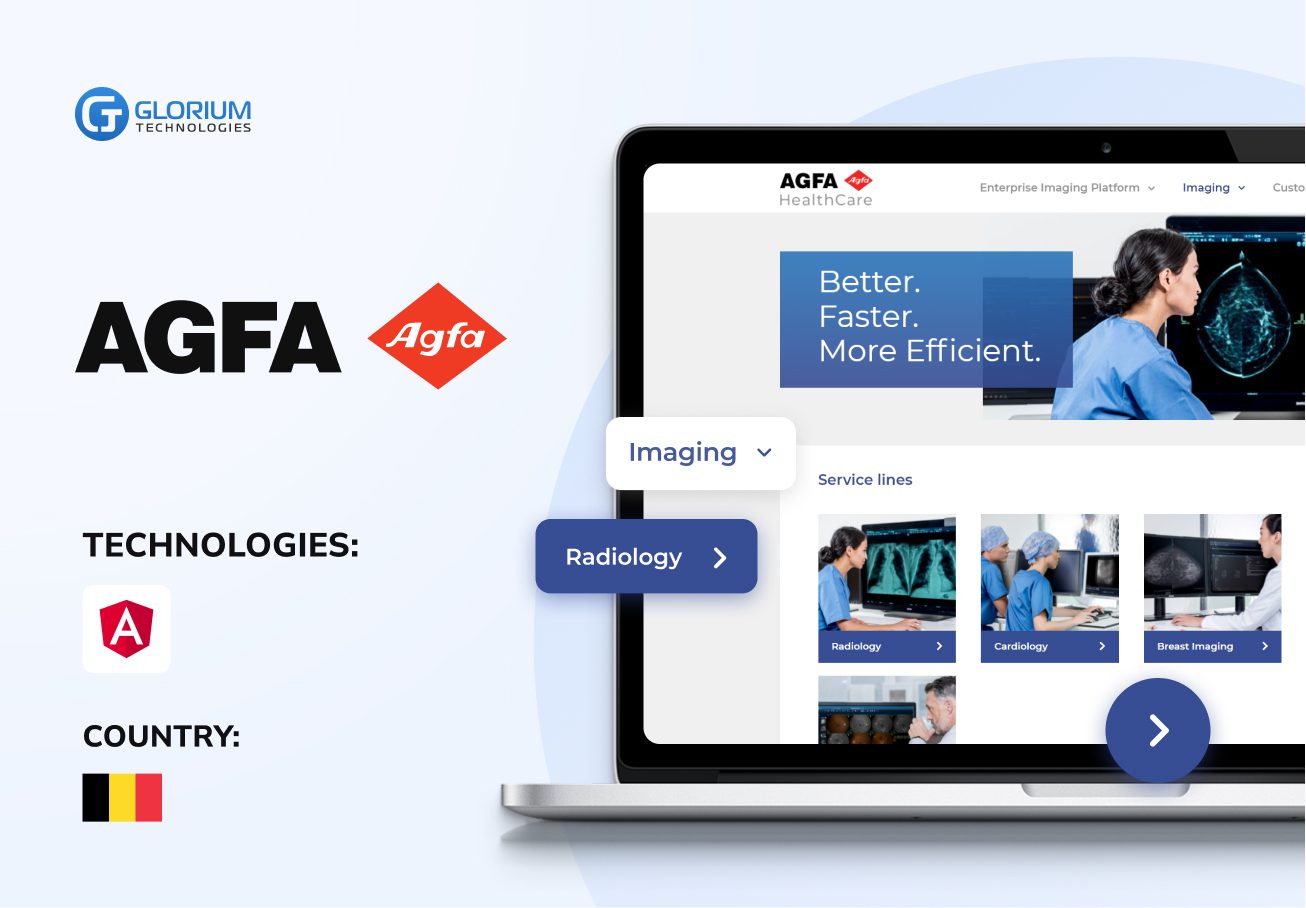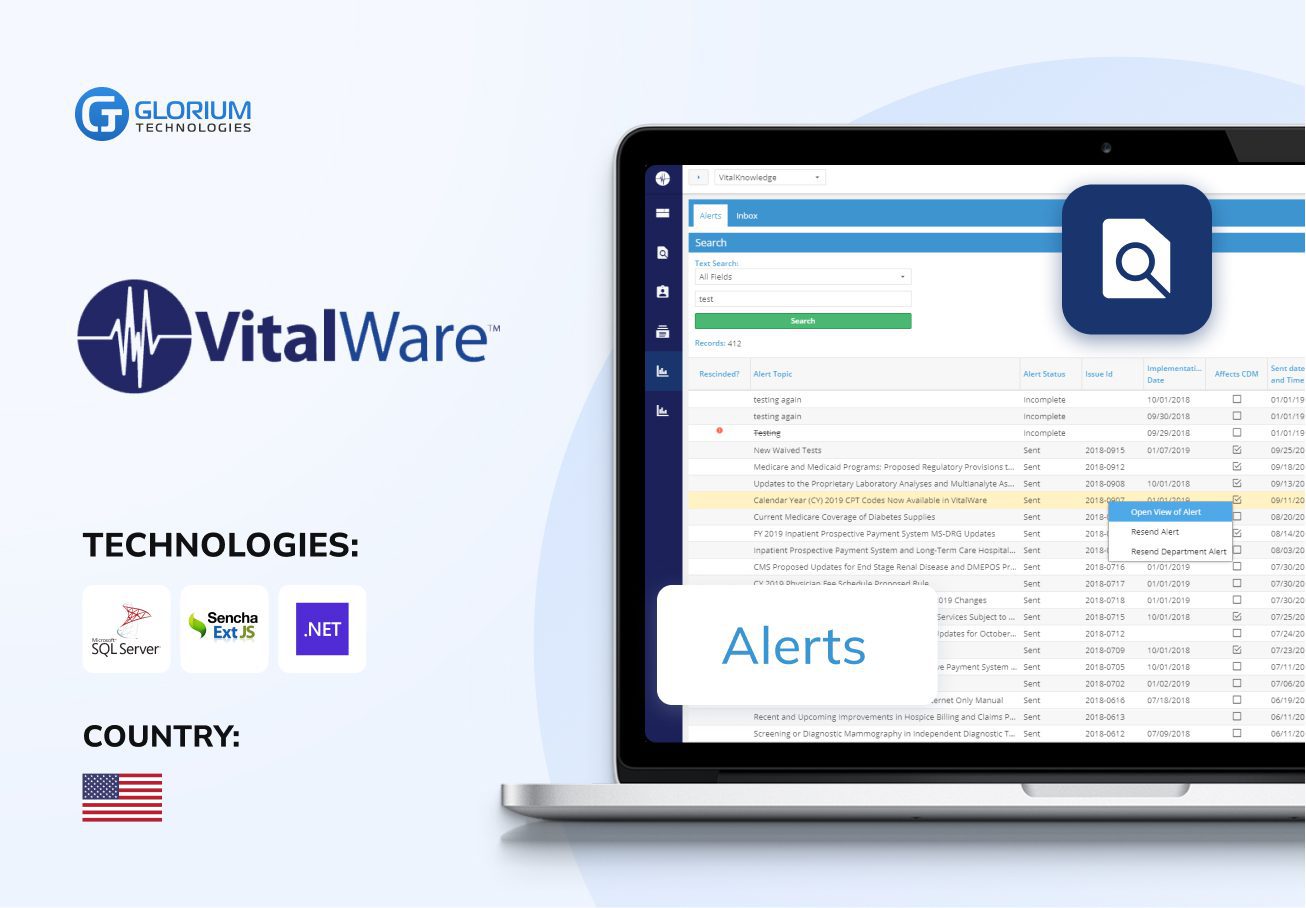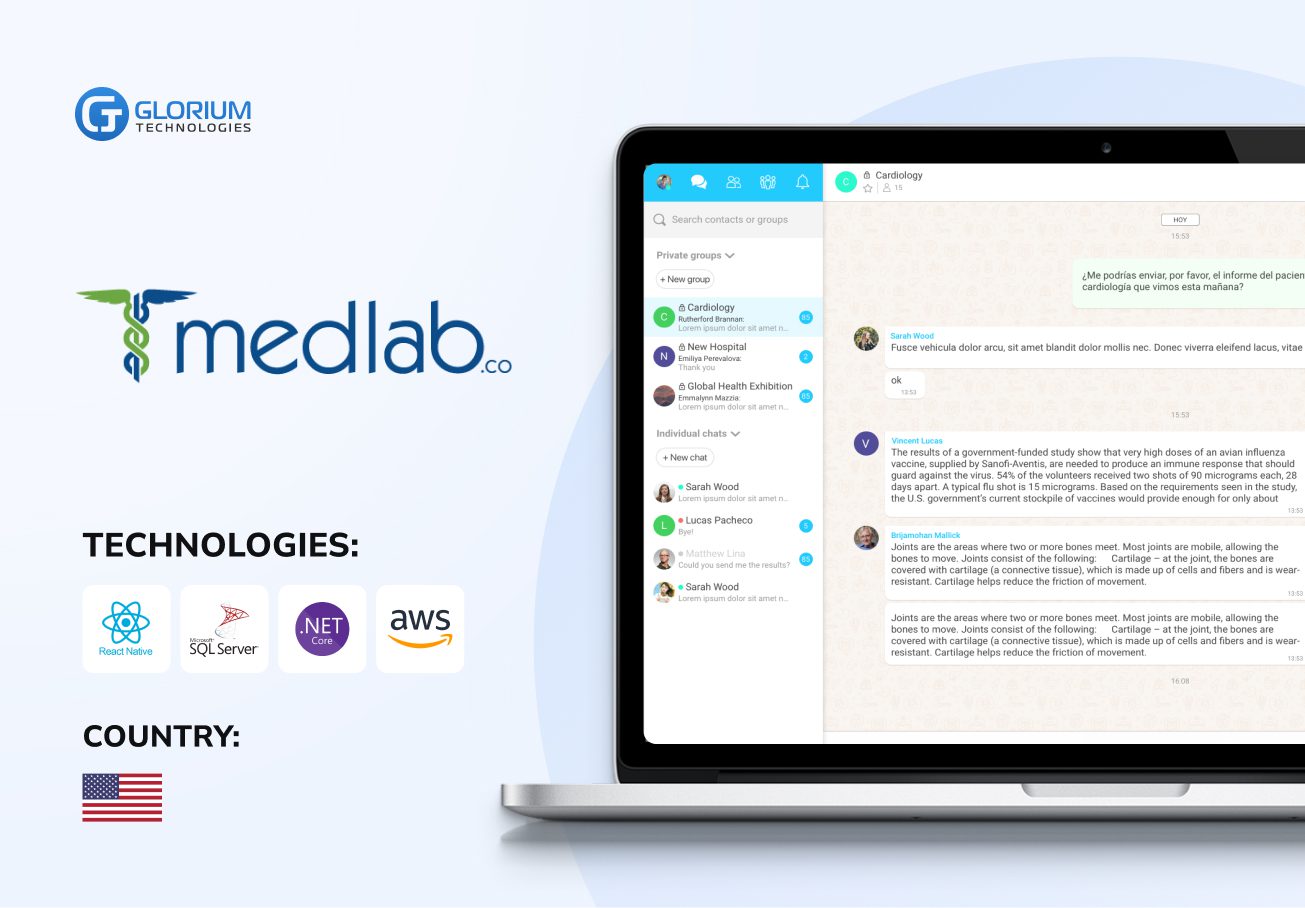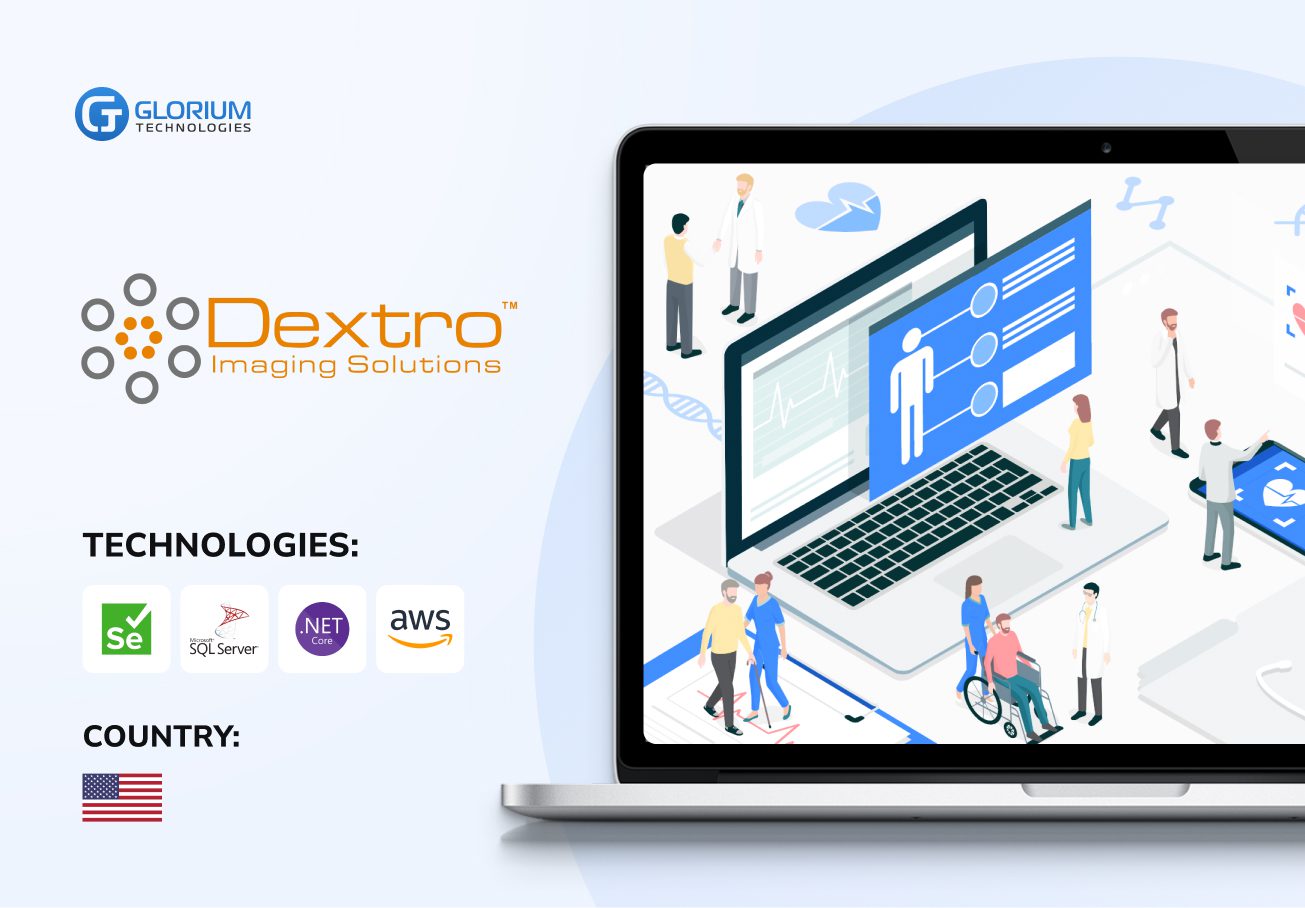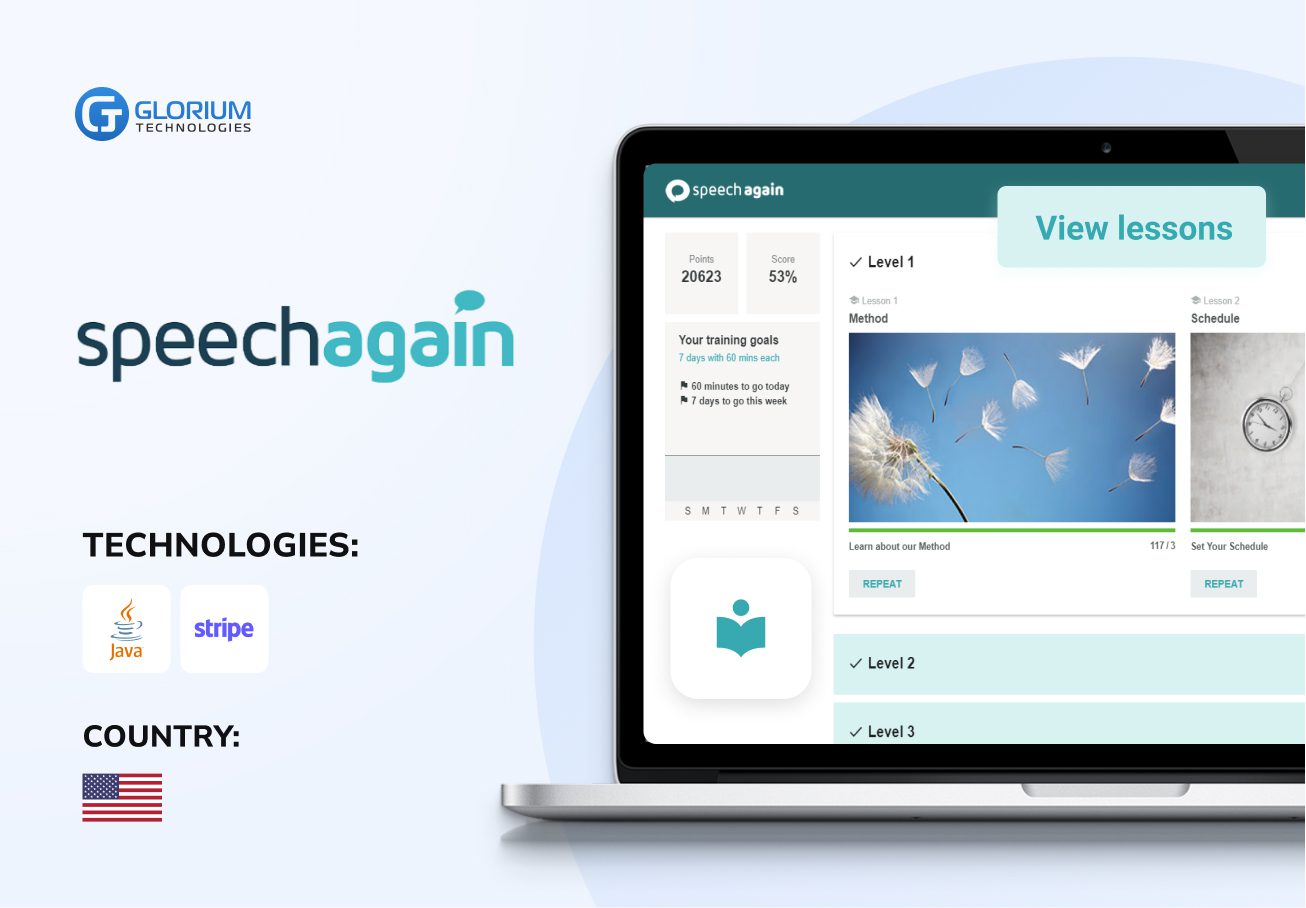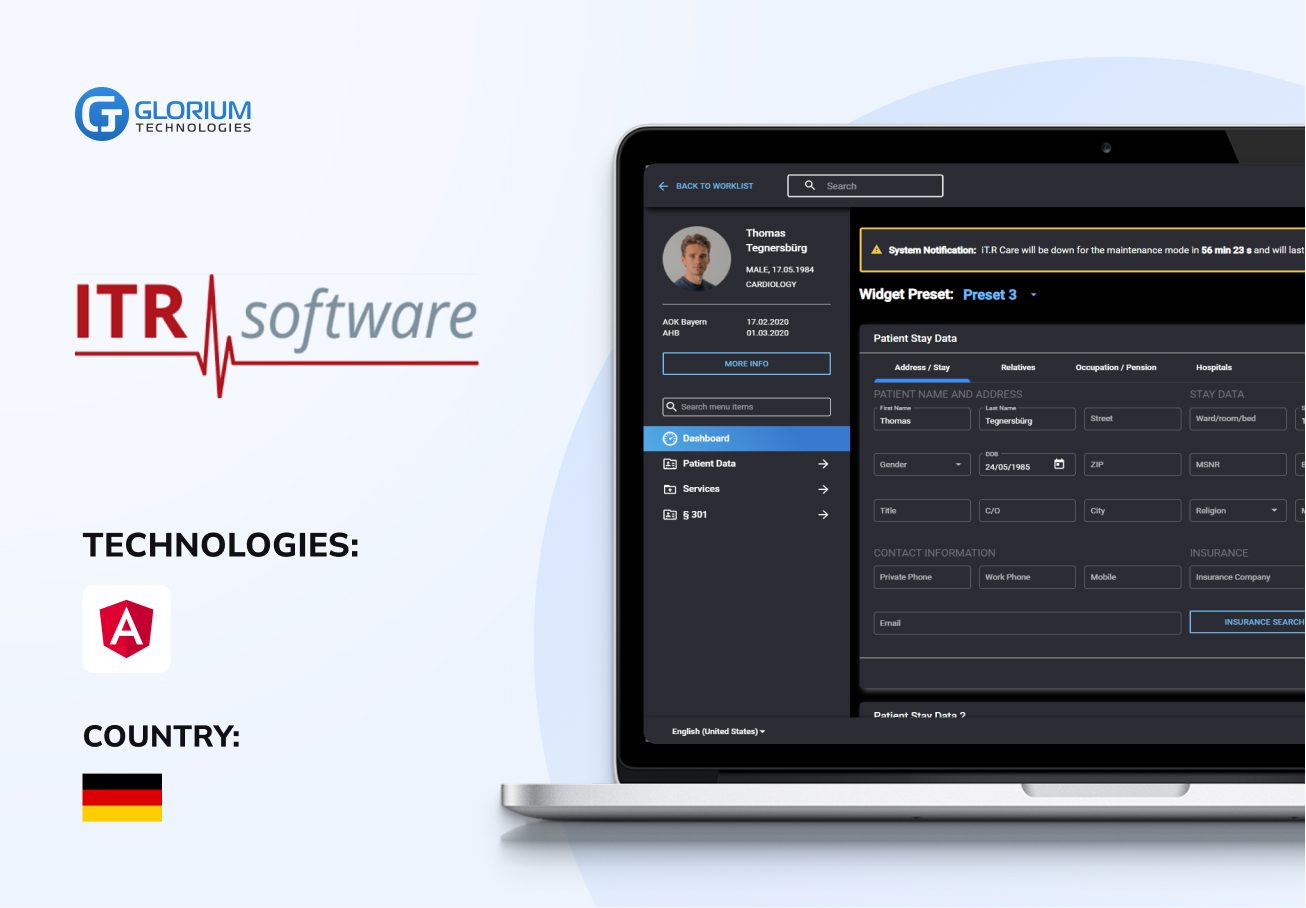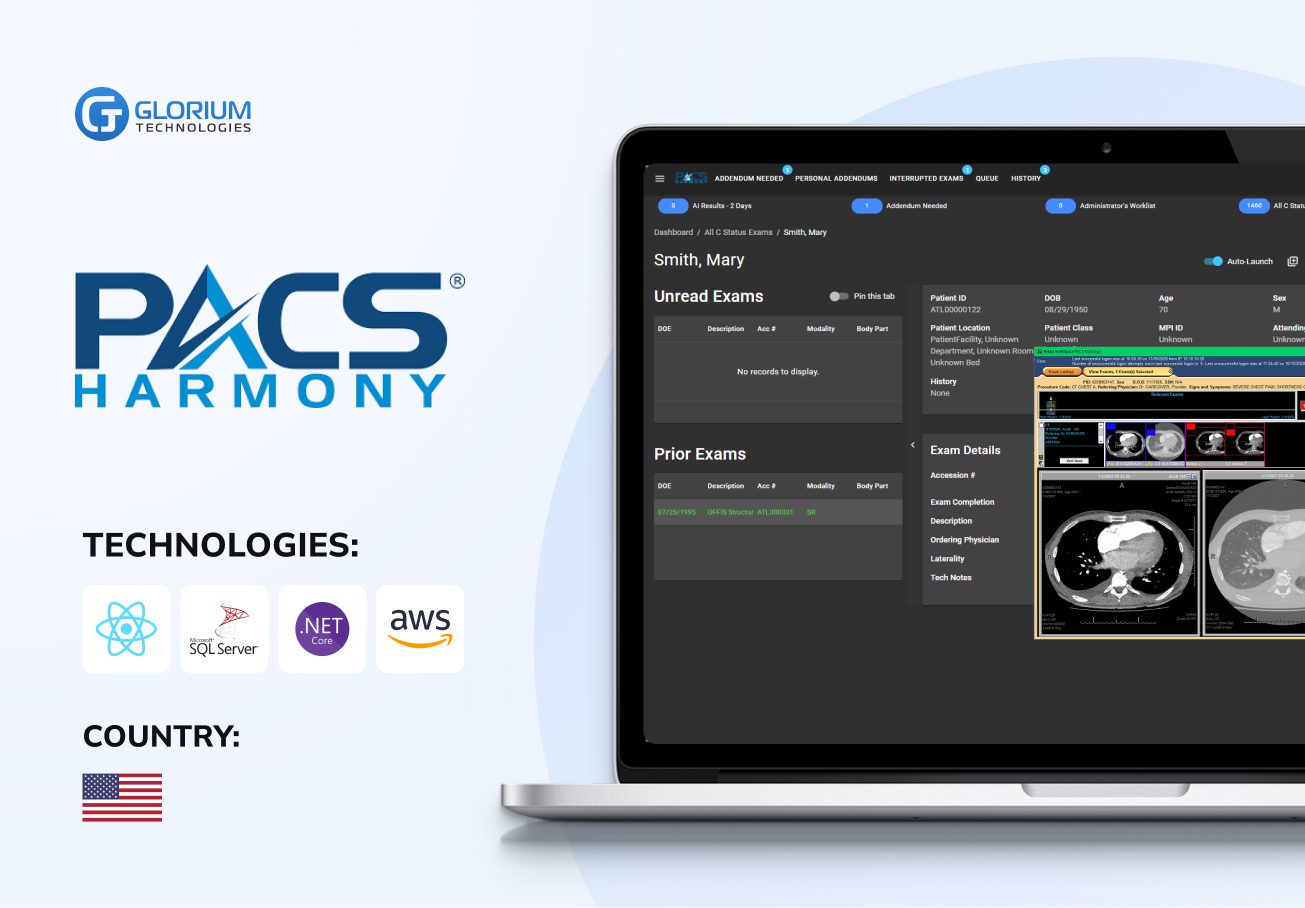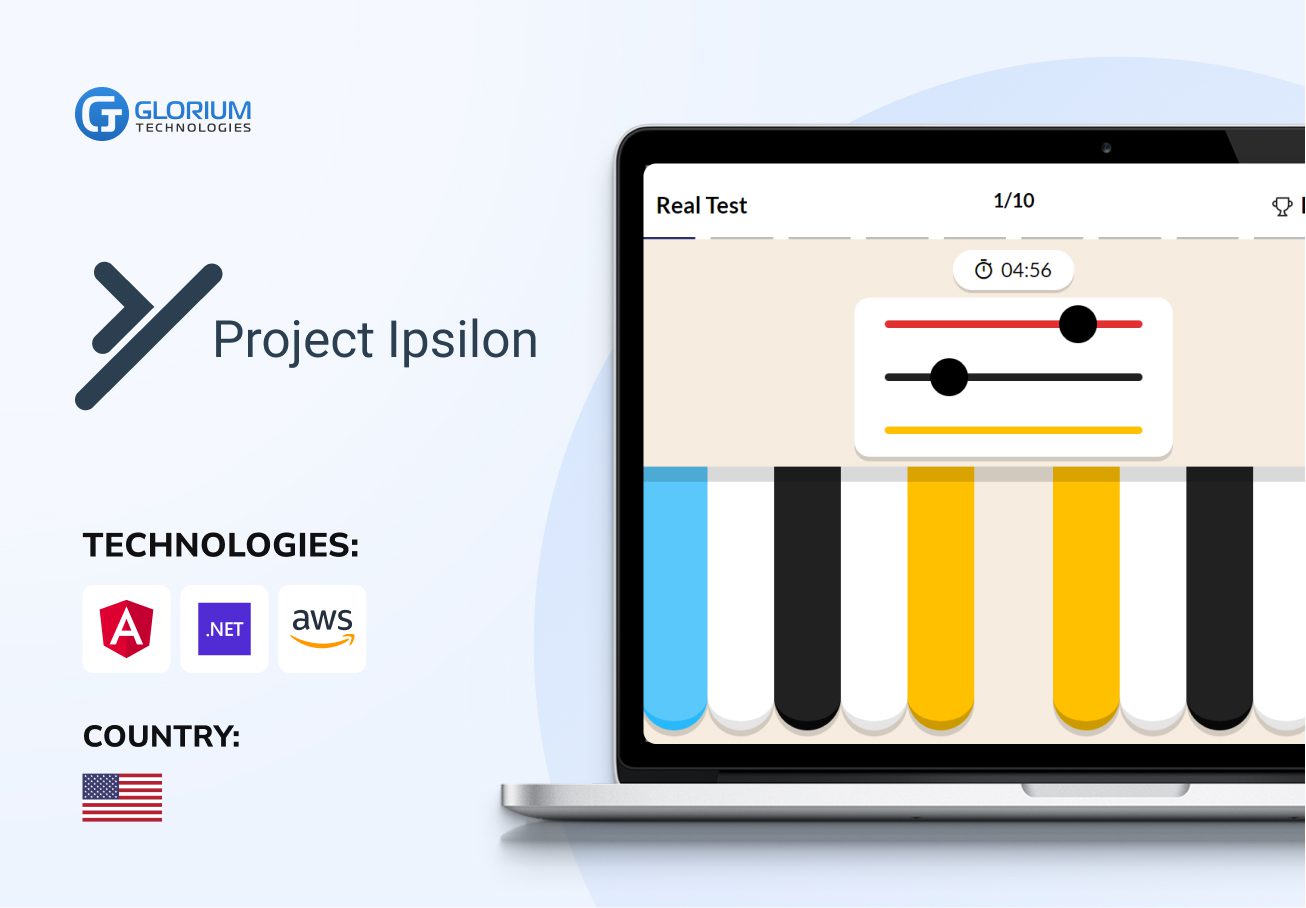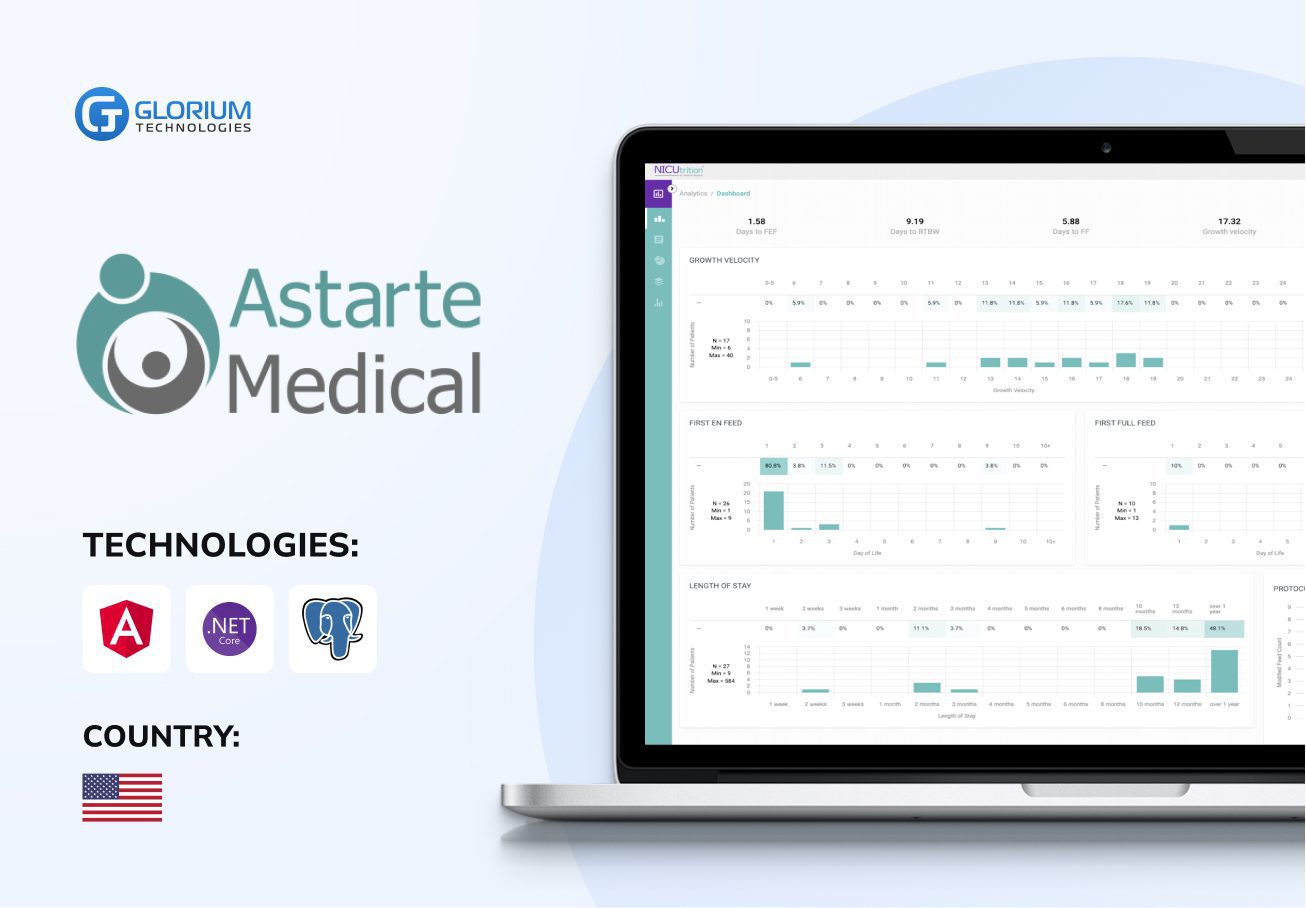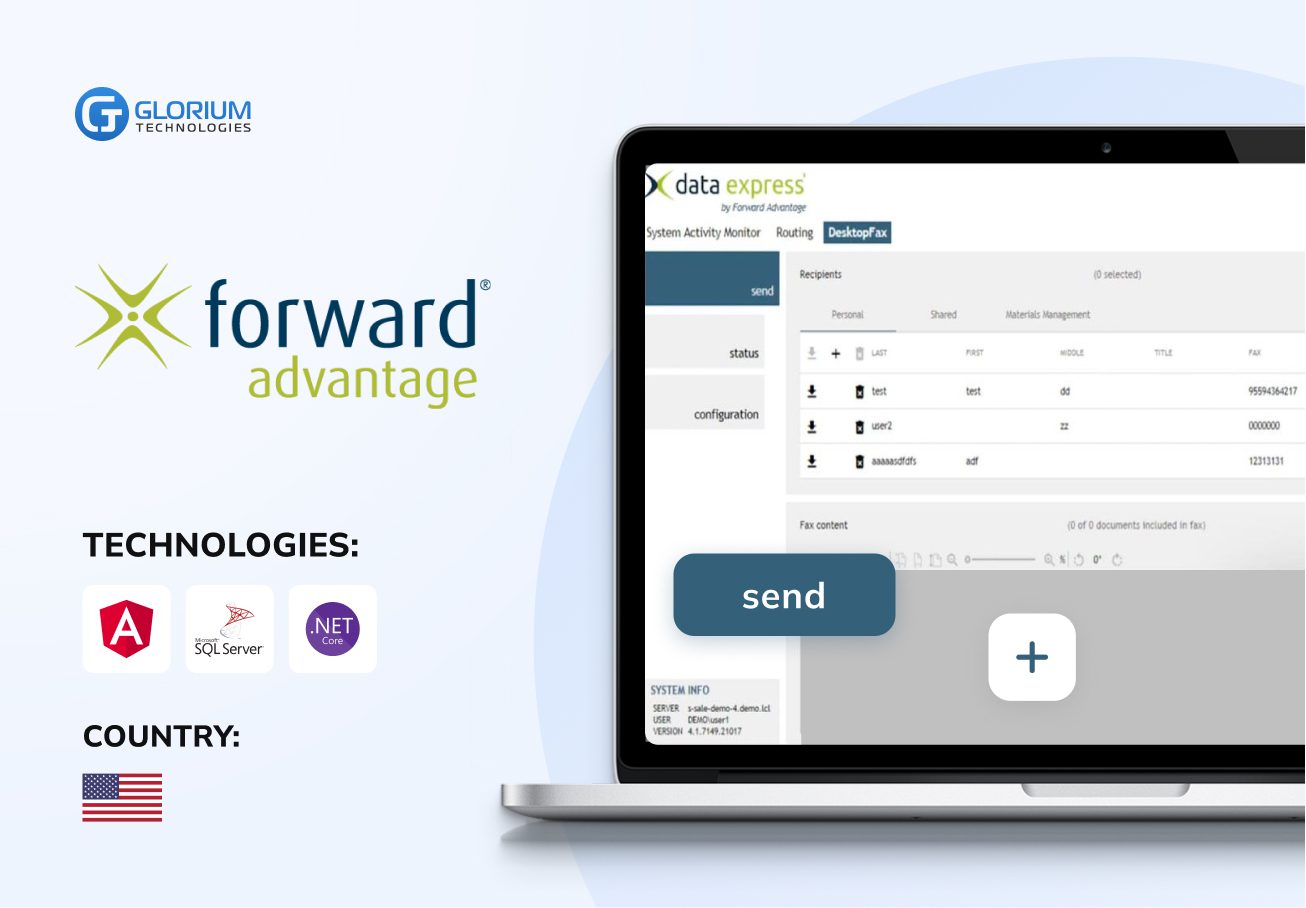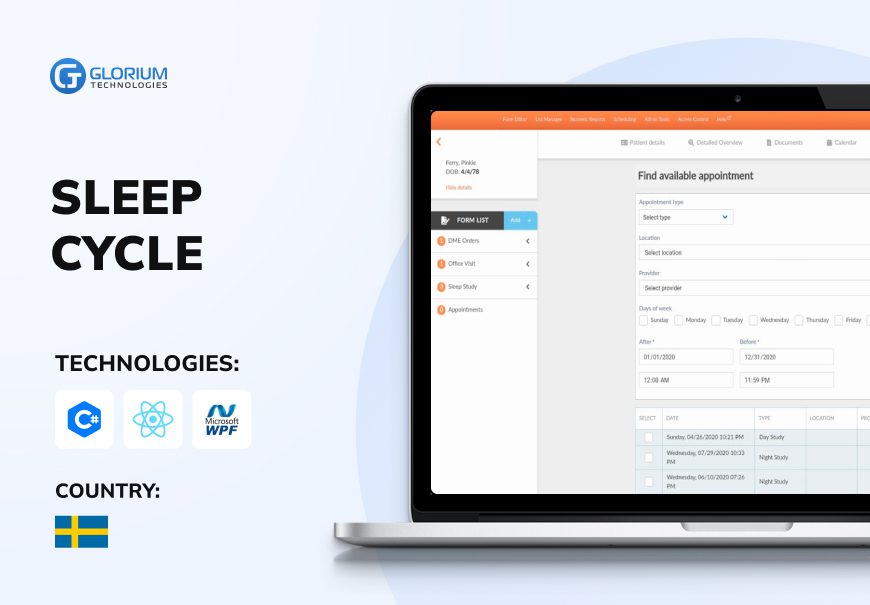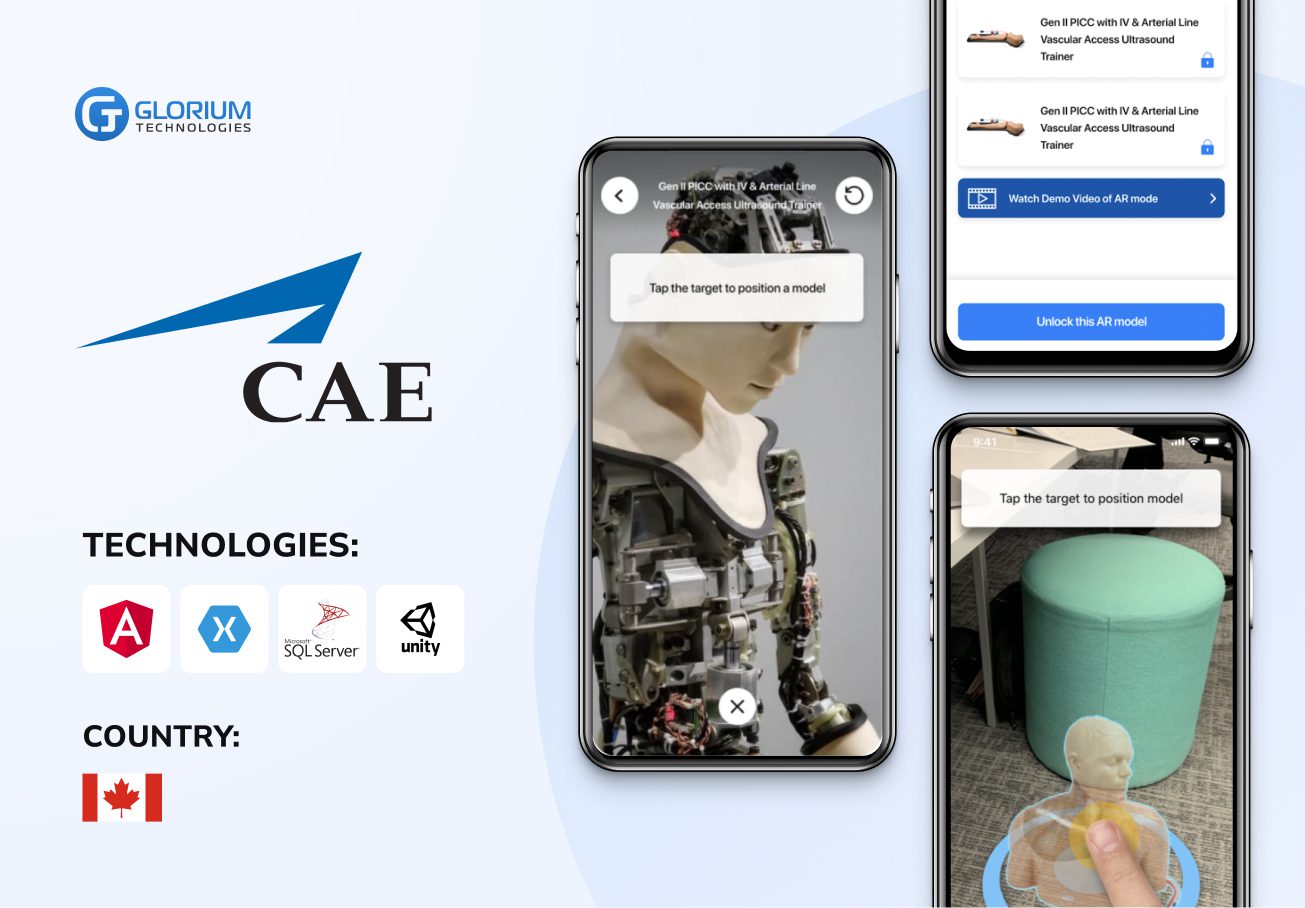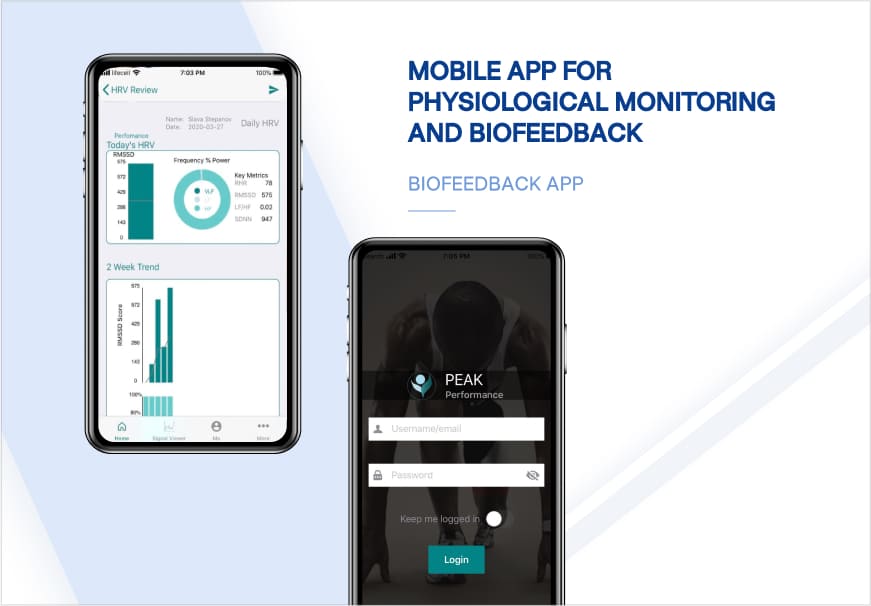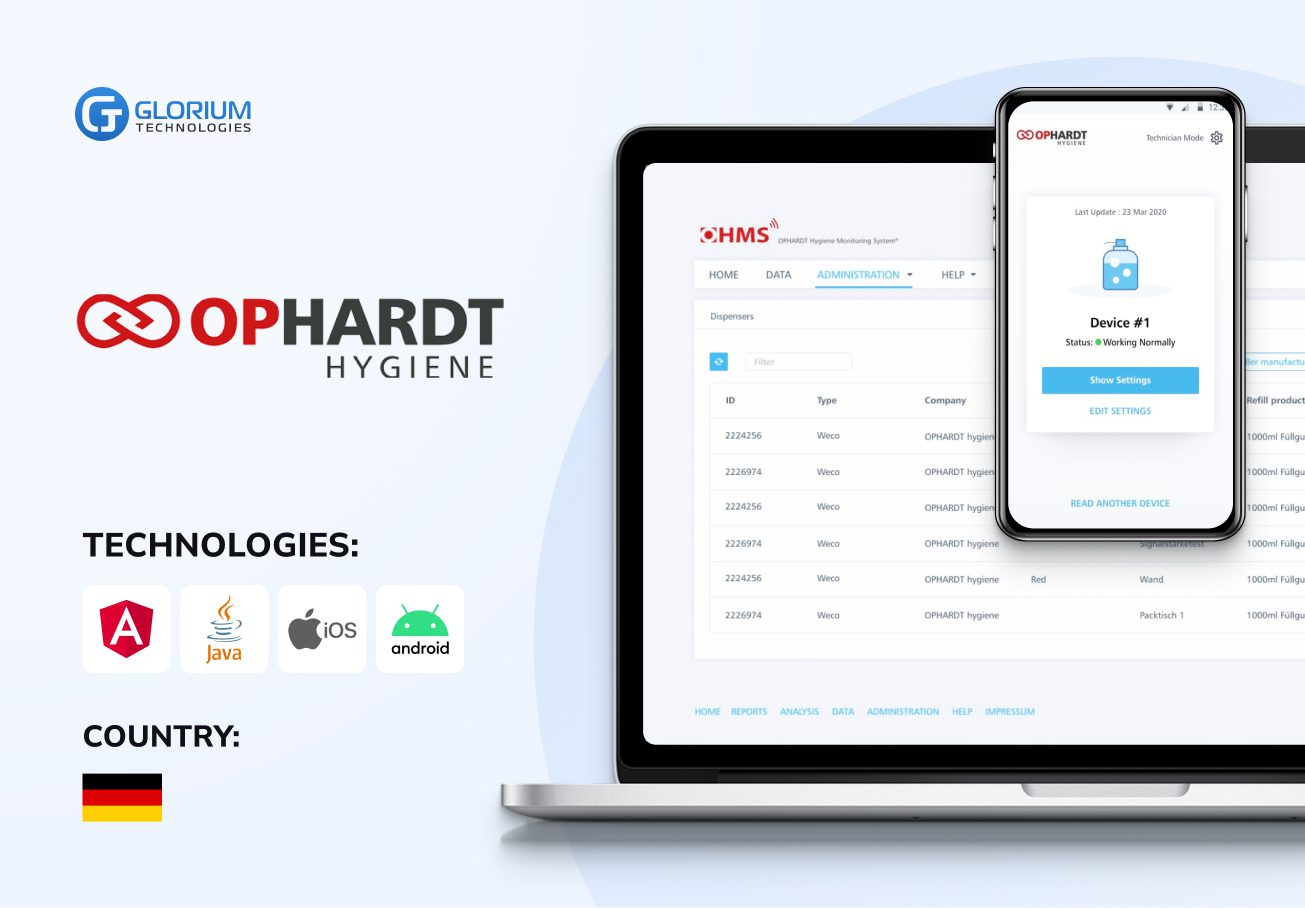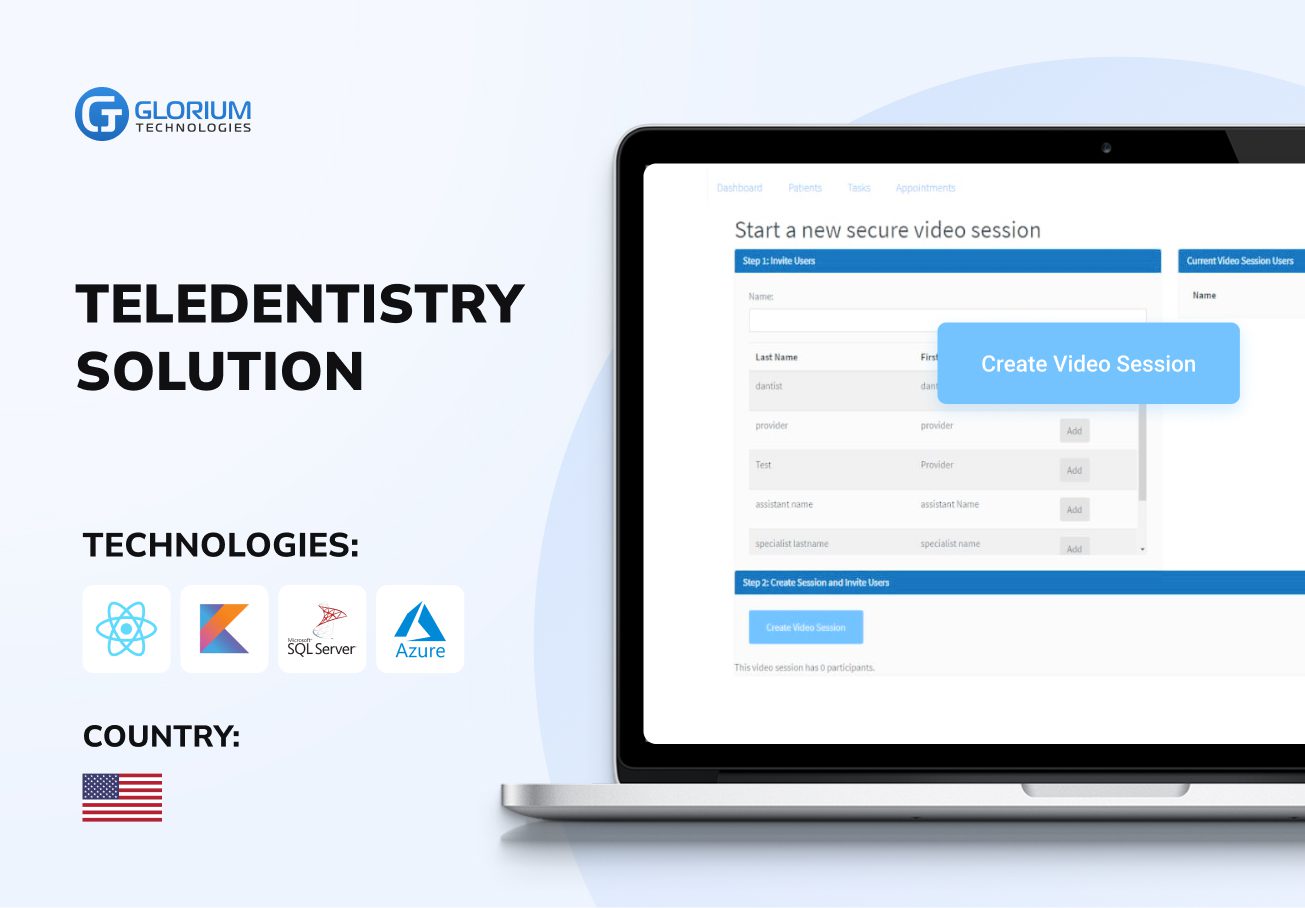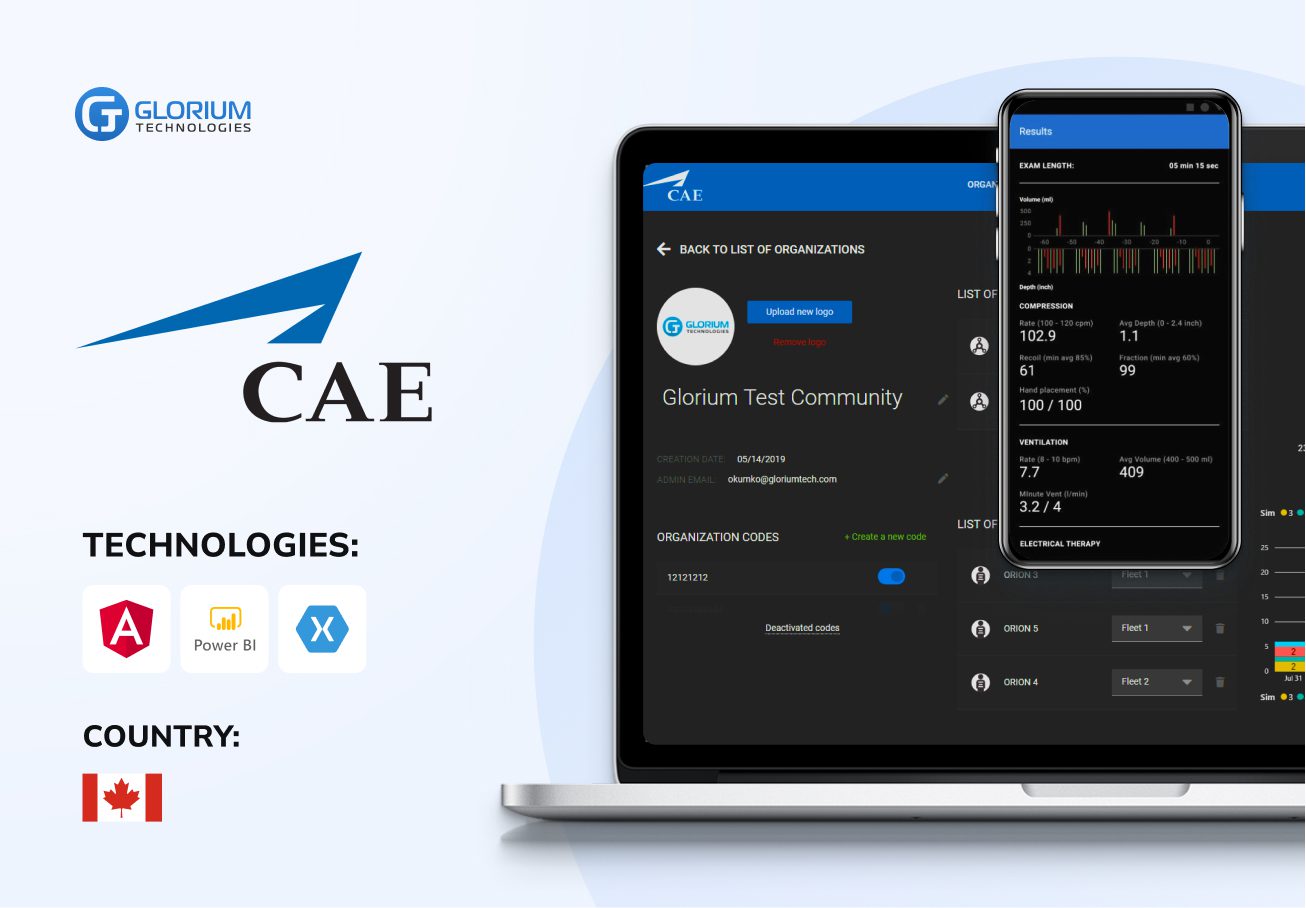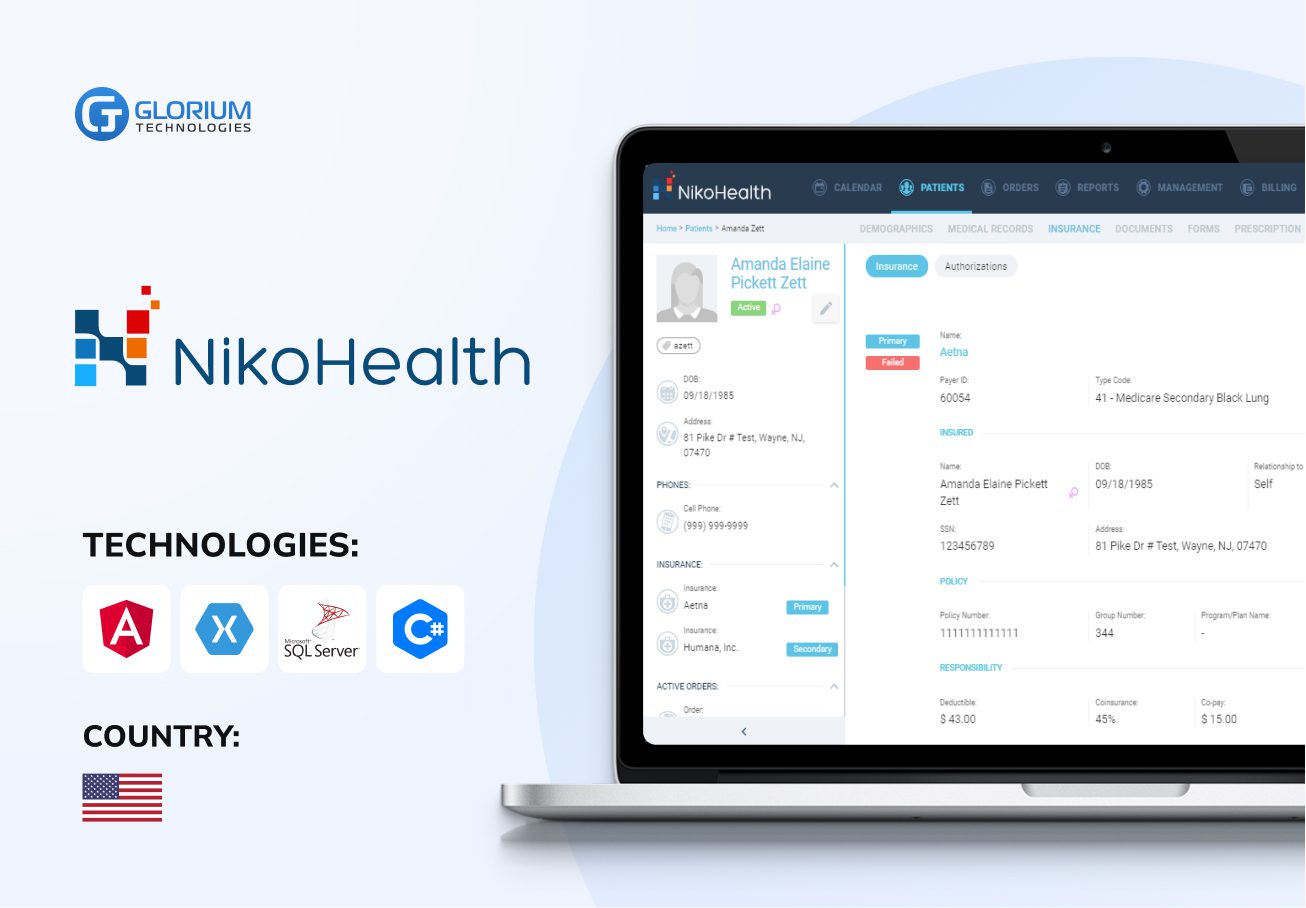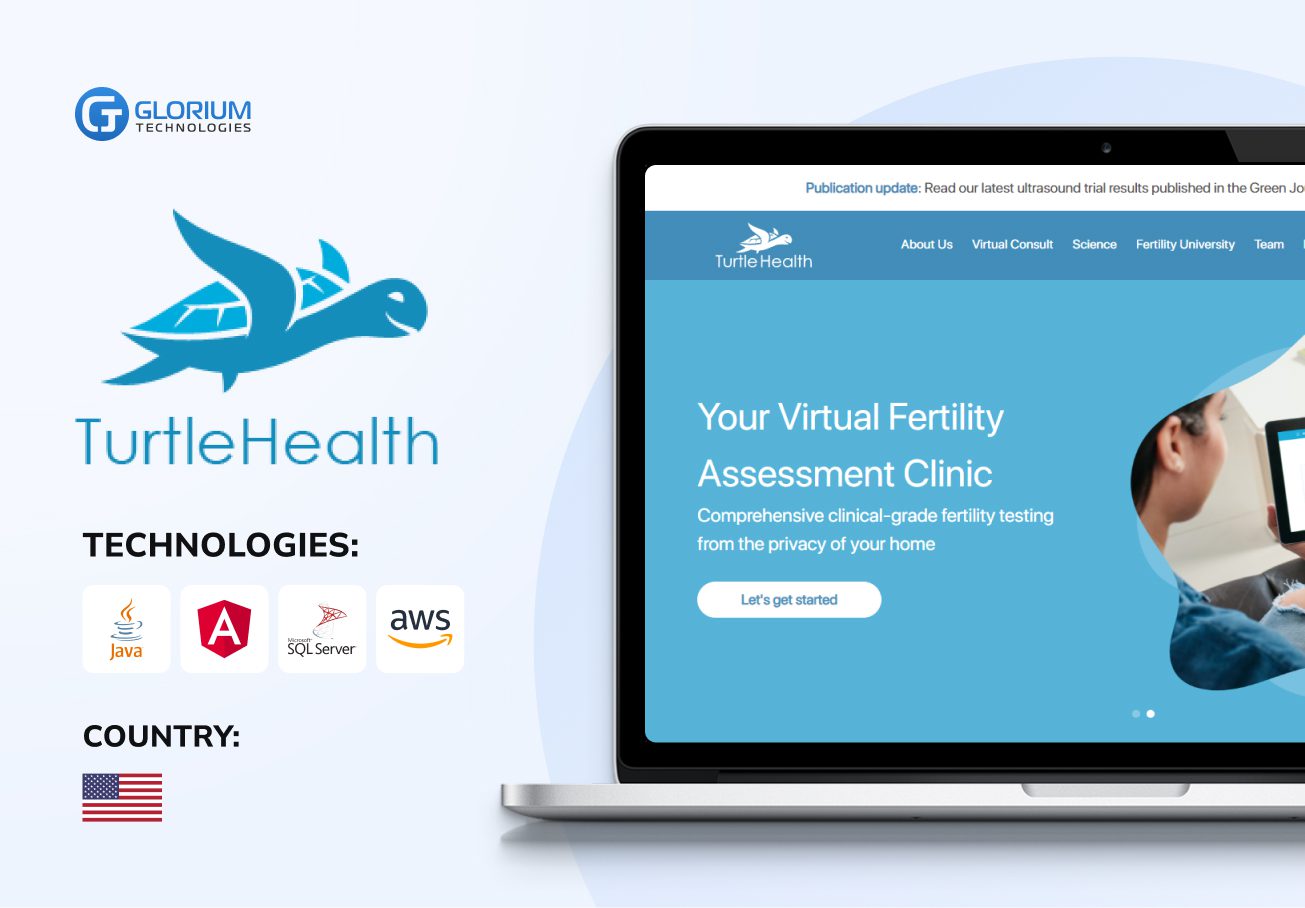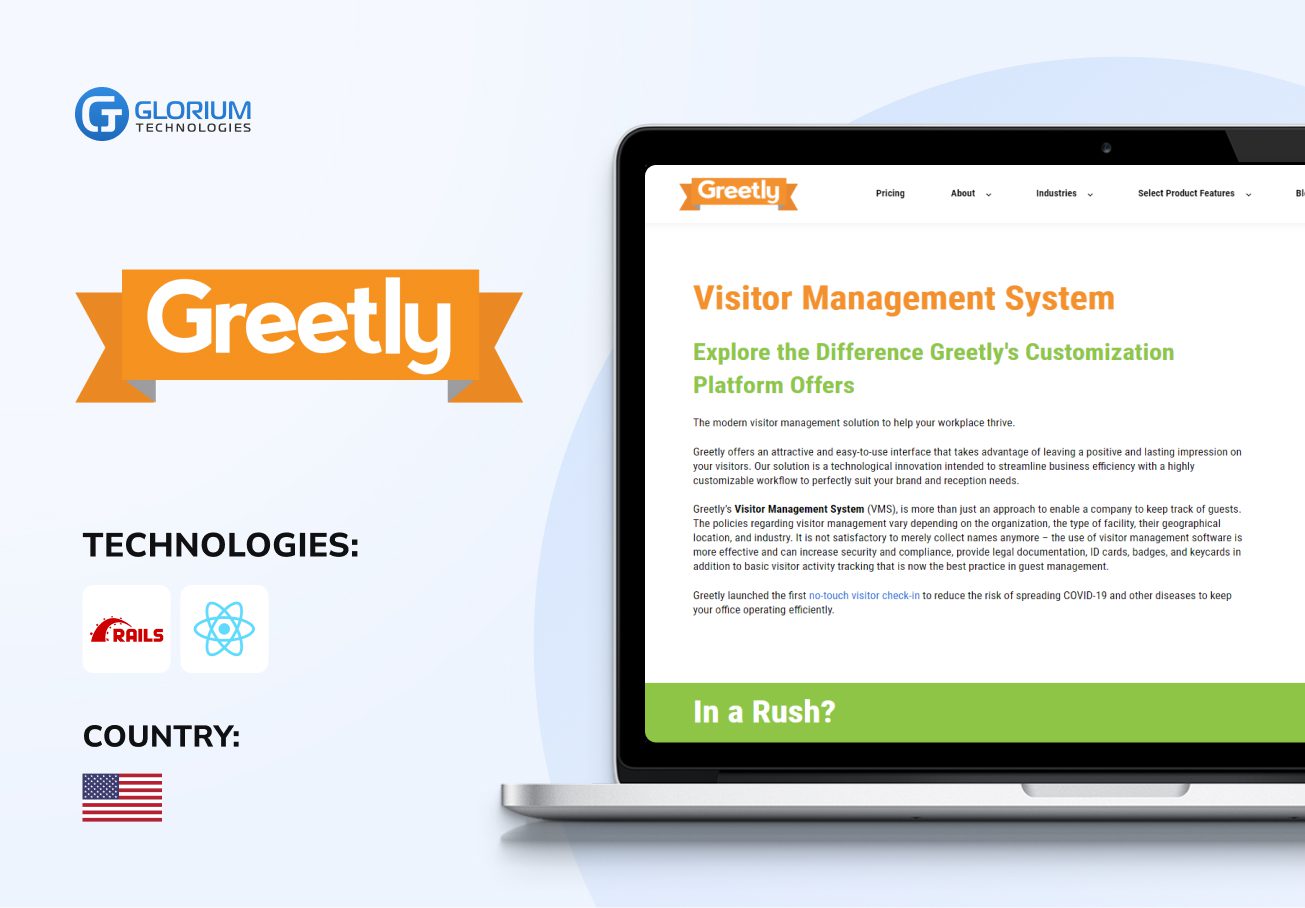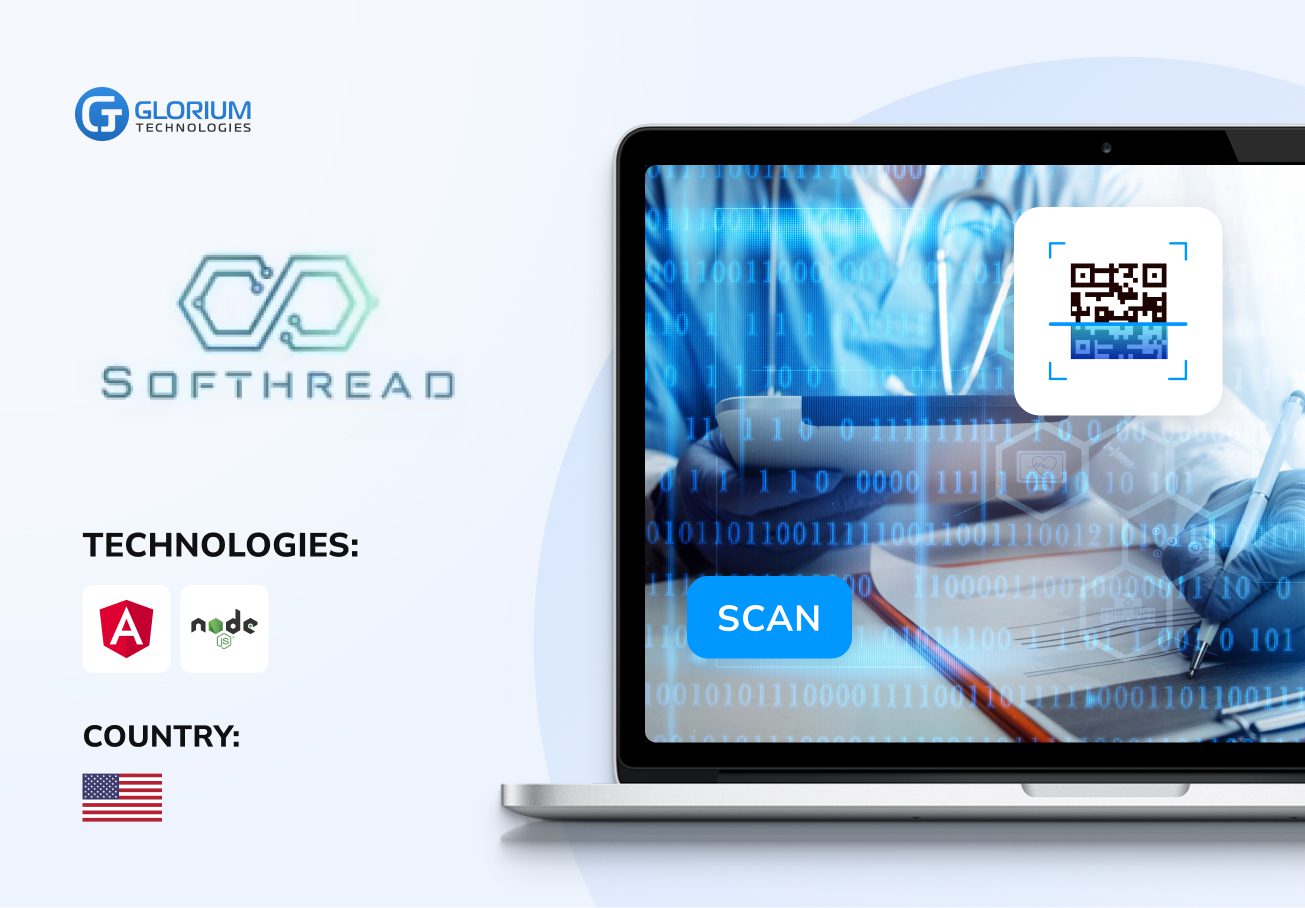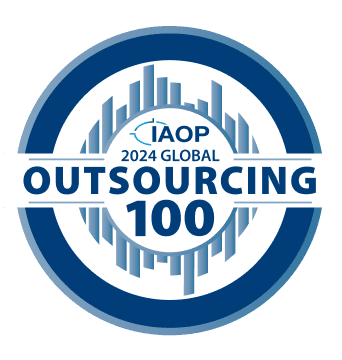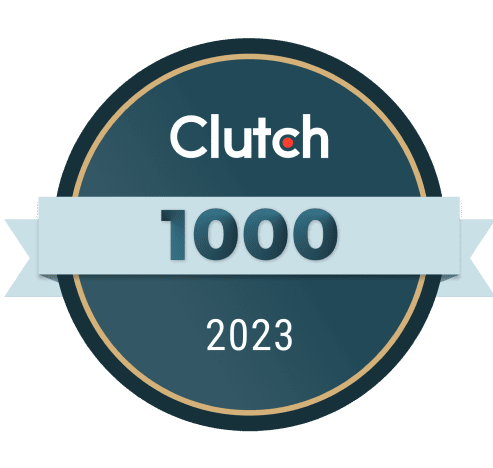Medicine Delivery App Development


Navigating the complex web of healthcare regulations and compliance standards like HIPAA in the US or GDPR in Europe can be daunting. Ensuring your app meets all legal requirements for handling sensitive health data is crucial but challenging.
Pharmacies operate on different systems for managing inventory, prescriptions, and customer information. A significant technical hurdle is developing an app that seamlessly integrates with these varied systems to ensure accurate and real-time data exchange.
Protecting user data, especially sensitive health and payment information, is paramount. Implementing robust encryption and secure data handling practices while ensuring a smooth user experience is a delicate balance.
Why Choose Us for Medicine Delivery App?
With years of experience and a deep understanding of the healthcare domain, our team is equipped to tackle the specific challenges and regulations of the medical field.
We believe in a personalized approach. Our apps are designed to be flexible, catering to the specific needs of your pharmacy or healthcare facility.
Leverage the latest app development technology for a seamless, intuitive, and robust medicine delivery app experience.
Adhering to stringent medical and data protection regulations, we ensure that your app is compliant and offers data security and patient privacy.
Main Features of Medical Delivery App
This feature allows for creating detailed customer profiles, helping to understand and cater to individual preferences and needs. It enables personalized service, including medication recommendations and reminders based on customer history.
Users can easily upload their prescriptions directly into the app, ensuring accuracy and convenience in ordering medications. This feature also includes verification and approval processes to comply with healthcare regulations.
The search function provides a user-friendly and efficient way to find specific medications, information, or services within the app. It includes filters and suggestions to enhance user experience and expedite search.
This offers real-time tracking of medicine orders, giving customers up-to-date information on the status and estimated delivery time of their purchases. It enhances transparency and customer satisfaction by keeping them informed every step of the way.
The refund feature simplifies the process for customers to request and receive refunds, ensuring a trustworthy and hassle-free experience. It includes clear guidelines and a streamlined process for handling refunds efficiently.
This secure and convenient payment system allows customers to make transactions directly within the app, supporting various payment methods for ease of use. It features robust security measures to protect sensitive financial information.
Customers can view their past orders and transactions, making reordering or referencing previous purchases easy. This feature aids in tracking expenses and managing medical supplies over time.
Regular discounts and offers are provided to encourage savings and customer loyalty. This feature includes personalized deals based on user preferences and buying patterns, enhancing the shopping experience.
Requirement Analysis
Initial meetings to understand your needs, target audience, and specific features required for the app.
Planning and Design
Crafting a project roadmap, deciding on the technology stack, and designing the app’s UI/UX to ensure user-friendliness.
Development Phase
Front-end and back-end development are undertaken. This phase involves setting up the server, database, and integrating necessary APIs.
Testing
Rigorous testing for functionality, usability, performance, security, and device compatibility. This includes both automated and manual testing methods.
Deployment
After successful testing, the app is deployed on the respective platforms (App Store for iOS and Google Play for Android).
Post-Deployment Support
Continuous monitoring for potential issues and regular updates for performance enhancement, new features, and security updates.
Scalability Assessment
Periodic evaluation of the app’s performance to ensure it can scale with an increasing number of users or additional functionalities.
Cost of Medicine Delivery App Development
Glorium Technologies understands the importance of balancing quality with affordability. Our development process is structured to provide cost-effective solutions without compromising app functionality or user experience. We maintain transparency in pricing, ensuring our clients are fully aware of the costs involved upfront.
This approach includes scalable options to suit different budget ranges, allowing for app features and complexity flexibility according to financial constraints. By optimizing resources and employing efficient development practices, we deliver high-value apps that provide a return on investment for our clients.
Clients say about us
Our clients journeys
Who we are
Read moreGlorium Technologies is a full-cycle app & software development company which covers specific client business needs and manage them with the help of the best possible technology solutions.
Since 2010, we have been inventing digital breakthroughs, helping startups and businesses come out on top in their markets.

Why choose us
Medicine Delivery App Development Market Overview
Significant Market Growth:
The online pharmacy sector is on a remarkable growth trajectory. Expected to expand at a rate of 13.40% from 2023 to 2027, the global e pharmacy market can reach an impressive value of US$52.33 billion by 2027. This surge is not just a fleeting trend but a full-scale revolution in pharmacy industry, spurred by the increasing development and adoption of online pharmacy delivery apps.
Leading Medicine Delivery Apps:
Popular apps like PharmEasy, CVS Pharmacy, and 1mg are at the forefront of this revolution in medicine delivery app development. Each app boasts over 10 million downloads on Google Play, reflecting a robust and growing demand for such services. These platforms have effectively tapped the market, offering convenient and reliable, medicine delivery application solutions to a vast user base.
Exceptional User Experience:
The success of these apps extends beyond mere popularity; their users genuinely appreciate them. High ratings across various app stores underscore the exceptional value these apps provide. They seamlessly blend the simplicity and accessibility of digital technology with the critical service of delivering healthcare products online. This combination has resulted in high user satisfaction, further cementing the importance of online medicine delivery app these services in the daily lives of many.
Expanding Service Range:
In addition to basic medicine delivery, many of these apps are diversifying their offerings. They now include features like teleconsultation, health check-up bookings digital prescriptions, and wellness product sales. This expansion reflects an understanding of the broader health needs of consumers, indicating a trend towards more holistic health service apps.
Technological Innovations:
The field is also witnessing rapid technological advancements. From AI-driven recommendations to blockchain for secure data management, delivery app development is at the forefront of integrating cutting-edge technology to enhance user experience and operational efficiency.
Business Models for Pharmacy Delivery Apps
When planning to develop a pharmacy delivery app, choosing the right business model is crucial for your success and revenue generation. Understanding the different models available helps align your medicine delivery app development process with your business goals. Here are the two primary business models in the on demand medicine delivery app sector:
Business Model 1 for pharmacy delivery app
Ideal for established pharmacies with extensive medication inventories, this model of medicine delivery app involves creating an app to extend their existing brick-and-mortar pharmacy business into the digital realm.
The critical advantage of grocery delivery app is leveraging the pharmacy’s existing brand recognition manage inventory, and customer base. This approach, however, necessitates maintaining a large and diverse inventory of pharmaceuticals to meet the online demand.
Business Model 2 for pharmacy delivery app
This model positions the medicine delivery app as a mediator between customers and multiple medicine suppliers. Apps operating on this model don’t stock medications themselves. Instead, they act as a platform for order aggregation, facilitating the process where customers can place orders fulfilled by third-party pharmacies.
The primary responsibility of the pharmacy delivery app in this scenario is the efficient handling of orders, which includes receiving, processing, and coordinating with pharmaceutical delivery services for order fulfillment.
Each of these business models has distinct operational dynamics and requirements. Selecting the right one before commencing medicine delivery app development is critical. It allows for a more streamlined software development process, ensuring the app’s key features align with business needs.
Moreover, it guides in choosing a development partner with relevant expertise in the chosen business model, enhancing the prospects of your pharmacy delivery app development and success in the competitive market.
Future Trends in Medicine Delivery App Development
The digital revolution continuously transforms the healthcare landscape, introducing many more innovative solutions and trends in medicine delivery app development. Here’s an exciting glimpse into the market research future possibilities:
Integration with wearable technology:
Wearable devices like smartwatches integrate more with medicine delivery apps, allowing for real-time health monitoring and medication management. This technology could significantly improve medication adherence by providing discreet and constant reminders, especially for chronic conditions.
Advancements in AI powered personalization:
Artificial Intelligence (AI) in medicine delivery apps is expected to offer personalized medication suggestions and predictive analytics for potential health issues. This could lead to preventative healthcare measures, improving overall health outcomes for users.
Voice command integration:
Integrating voice commands in medicine delivery apps will make ordering medications more accessible, especially for elderly or visually impaired users. This user-friendly feature can also enhance the overall customer experience by making online medicine delivery app interactions more natural and efficient.
Enhanced AI for prescription analysis:
AI’s ability to analyze prescriptions will match users with the right medications and identify potential drug interactions. This approach for medicine delivery apps can significantly enhance patient safety and ensure more accurate medication dispensing.
Telehealth features:
Telehealth integration in online medicine delivery app will make it easier for users to receive medical consultations and prescriptions without leaving their homes. This could be particularly beneficial for individuals in remote areas or those with mobility issues.
Rise of white-label solutions:
White-label solutions in online medicine delivery app are expected to enable more pharmacies and healthcare providers to offer digital services quickly and cost-effectively. This trend could democratize access to online medicine delivery, especially for smaller, local pharmacies.
Blockchain for security and transparency:
Blockchain’s implementation in medicine delivery app will secure transactions and enhance the traceability of medicines online. This could be crucial in combating counterfeit drugs and ensuring the supply chain’s integrity.
Greater focus on mental health:
An increased focus on mental health in online medicine delivery app could facilitate easier access to mental health medications and therapy sessions. This integration could play a significant role in de-stigmatizing mental healthcare and making it more accessible.
Environmental sustainability:
Future medicine delivery app might incorporate features like carbon footprint tracking for deliveries and options for sustainable packaging. This focus on sustainability can appeal to environmentally conscious consumers and contribute to broader ecological efforts.
Monetization Strategies for an Online Medicine Delivery App
In the burgeoning market of medicine delivery application development, devising effective monetization strategies is vital for the sustainability and growth of your app. Let’s explore diverse revenue streams that can be integrated into a medicine delivery app.
Commission fees for medicine delivery app
One of the most straightforward ways to generate revenue is through commission fees.
You might establish a consistent revenue flow by charging a percentage on each transaction made through the app. This model of medicine delivery app works well if you are an intermediary between customers and pharmacies. The commission rate depends on the market standards and the value-added services provided by the app.
Delivery charges for medicine delivery app
Implementing a delivery fee for medicine delivery app is another common strategy. While many apps offer free delivery for orders above a certain amount to attract customers, charging a small fee for orders below that threshold can generate significant revenue. Additionally, offering faster delivery options for an extra charge can cater to customers who need urgent deliveries.
Subscription models for your medicine delivery app
A subscription model, in which clients make regular payments for premium services, can be highly lucrative. This model of medicine delivery app could offer benefits like free delivery, exclusive discounts, or access to health-related content and services. It ensures a consistent revenue flow and helps in building customer loyalty.
In-app advertising option
Partnering with pharmaceutical companies or health-related services to display their advertisements on your medicine delivery app can be a substantial revenue source. However, it’s crucial to ensure that these ads are relevant and non-intrusive to enhance user experience.
Sponsored listings and promotions
Offering sponsored listings to pharmacies is a win-win situation for online pharmacy app. Pharmacies get more visibility, and your medicine delivery app earns revenue. Pharmacies could pay to have their products or services featured prominently in the app, increasing their chances of being noticed and chosen by users.
Data monetization
Anonymized user interactions and preferences data can be valuable to pharmaceutical companies, health researchers, and marketers. Selling or using this data to provide insights can be a significant monetization avenue. Ensuring user privacy and compliance with data protection regulations like GDPR is paramount in this strategy for pharmacy delivery apps.
Affiliate marketing
Integrating affiliate marketing by recommending health-related products or services from partner companies can add another revenue stream. For instance, suggesting vitamin supplements or health monitoring devices can benefit users and the medicine delivery app.
In-app purchases
Offering additional in-app services such as personalized health consultations, wellness programs, or even booking lab tests could be monetized. Users looking for a one-stop health solution might be willing to pay for these added conveniences.
Selling branded merchandise
Creating and selling branded merchandise, like health kits, first aid boxes, or wellness guides, can serve as a revenue stream and a marketing tool, enhancing brand visibility and loyalty.
Partnerships with health insurance companies
Collaborating with health insurance companies to offer special discounts or services to their customers can open up revenue opportunities. For instance, integrating insurance processes within the medicine delivery app could streamline user medication purchasing, while the app benefits from the partnership.
Premium user features
Offering a free medicine delivery app with basic functionalities and a paid version with advanced features like health tracking, medication reminders, or family profiles can attract users willing to pay for enhanced services.
Crowdfunding and donations
Crowdfunding or accepting donations can be a viable option for apps focusing on community service or those with a vital social mission. This approach resonates well with users who are invested in the social impact of the medicine delivery app.
E-commerce integration
Selling health-related products directly more customers through the pharmacy delivery app, like over-the-counter medications, health supplements, or wellness products, can create an additional income source.
Licensing and franchising
If your app has a unique feature set or business model, licensing it to other companies or setting up a franchising model can be lucrative. This approach allows for expansion and revenue generation without the direct costs of scaling.
What platforms will the medicine delivery app be available on?
Our medicine delivery apps are developed for iOS and Android platforms, ensuring wide accessibility and user reach. We focus on multi-platform compatibility to cater to diverse user preferences.
How does the medicine delivery app ensure the privacy and security of user data?
We prioritize user privacy and data security in our medicine delivery app development. The online pharmacy app is designed with robust encryption and complies with relevant data protection regulations like HIPAA, ensuring all personal and medical information is securely handled.
Can the online medicine delivery app handle prescription verification and approval?
Yes, our pharmacy app includes a feature for prescription verification and approval. The process of medicine delivery app development is integrated into pharmacy delivery app building process to comply with healthcare regulations, ensuring that qualified pharmacists or healthcare professionals verify prescriptions before dispensing medication.
Is it possible to integrate real-time order tracking in the medicine delivery app?
We incorporate real-time order tracking functionality in your medicine delivery app. This feature provides users with up-to-date information on their order delivery status and estimated delivery times, enhancing transparency and trust in the service.
How does the medicine delivery app accommodate users with different language preferences?
Our pharmacy delivery app is designed with multi-language support to cater to users with diverse language preferences. This feature ensures inclusivity and enhances user experience by providing a more personalized and accessible service.
What kind of support and maintenance services for medicine delivery app do you offer post-development?
Post-development, we offer comprehensive support and maintenance services for medicine delivery app. This includes regular updates, bug fixes, performance enhancements, and customer support to address any queries or issues that may arise. Our goal is to ensure the pharmacy delivery app long-term success and smooth operation.
What technologies are used in developing the medicine delivery app?
Our delivery app development team uses cutting-edge technologies like React Native for cross-platform mobile development, Node.js for backend services, and cloud-based data storage and management solutions. This ensures a robust, scalable, and secure app that can handle high volumes of user data and transactions.
How long does it typically take to develop a custom medicine delivery app?
The medicine delivery app development timeline varies based on the app’s complexity, features, and customizations required. On average, a basic medicine delivery app can take 3-6 months to develop, while more complex online pharmacy app with advanced features might take longer.
Can the app be customized to align with specific pharmacy branding and requirements?
Absolutely. We offer extensive customization options to ensure the medicine delivery app development aligns with your pharmacy’s branding, including logo incorporation, color schemes, and tailored features that meet your specific operational needs.
How do you ensure compliance with healthcare regulations during medicine delivery app development?
We prioritize regulatory compliance in our development process. Our team stays updated on healthcare laws like HIPAA in the U.S. or GDPR in Europe, ensuring that the app adheres to these standards regarding data privacy, security, and handling of medical information.



